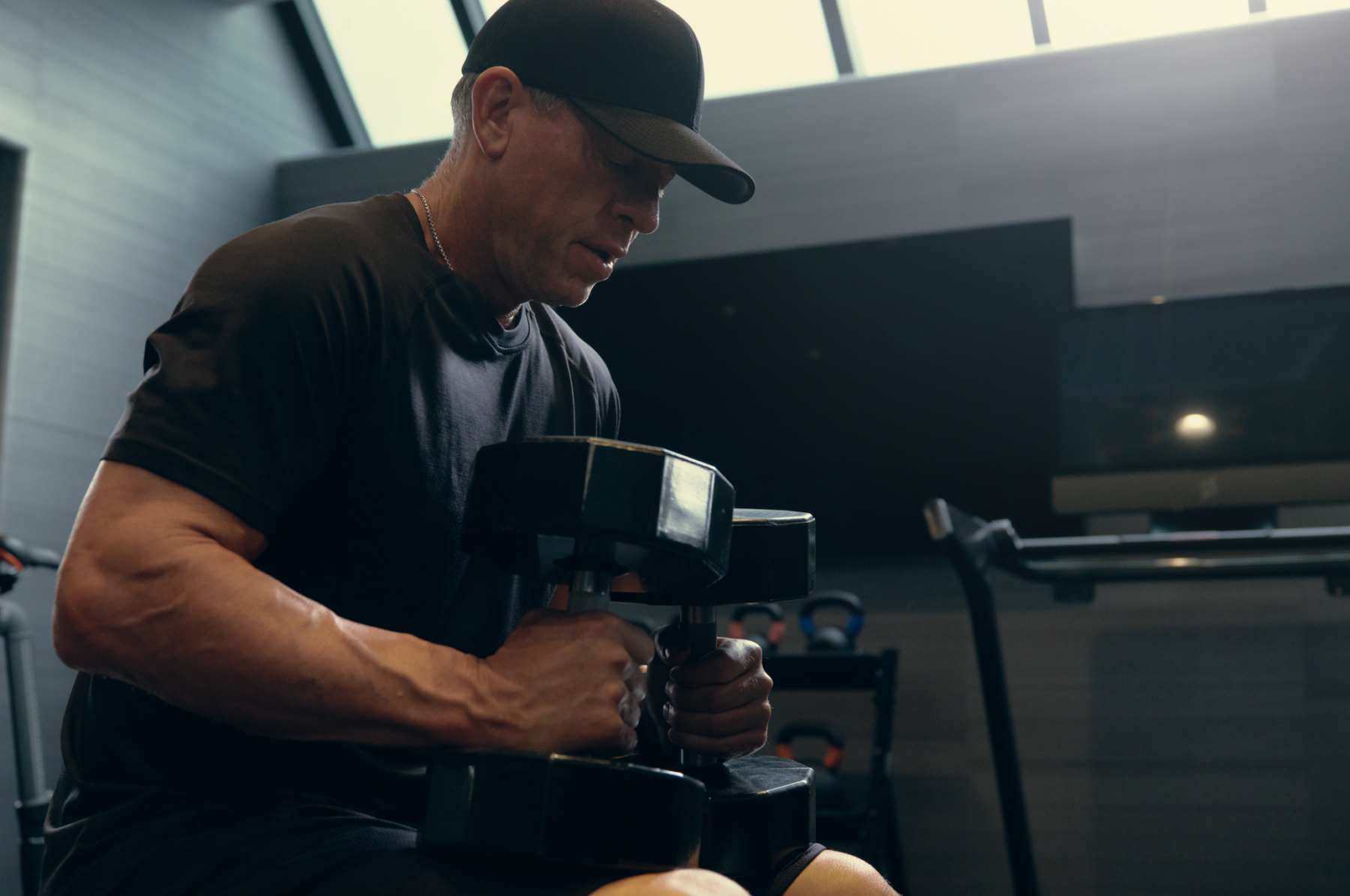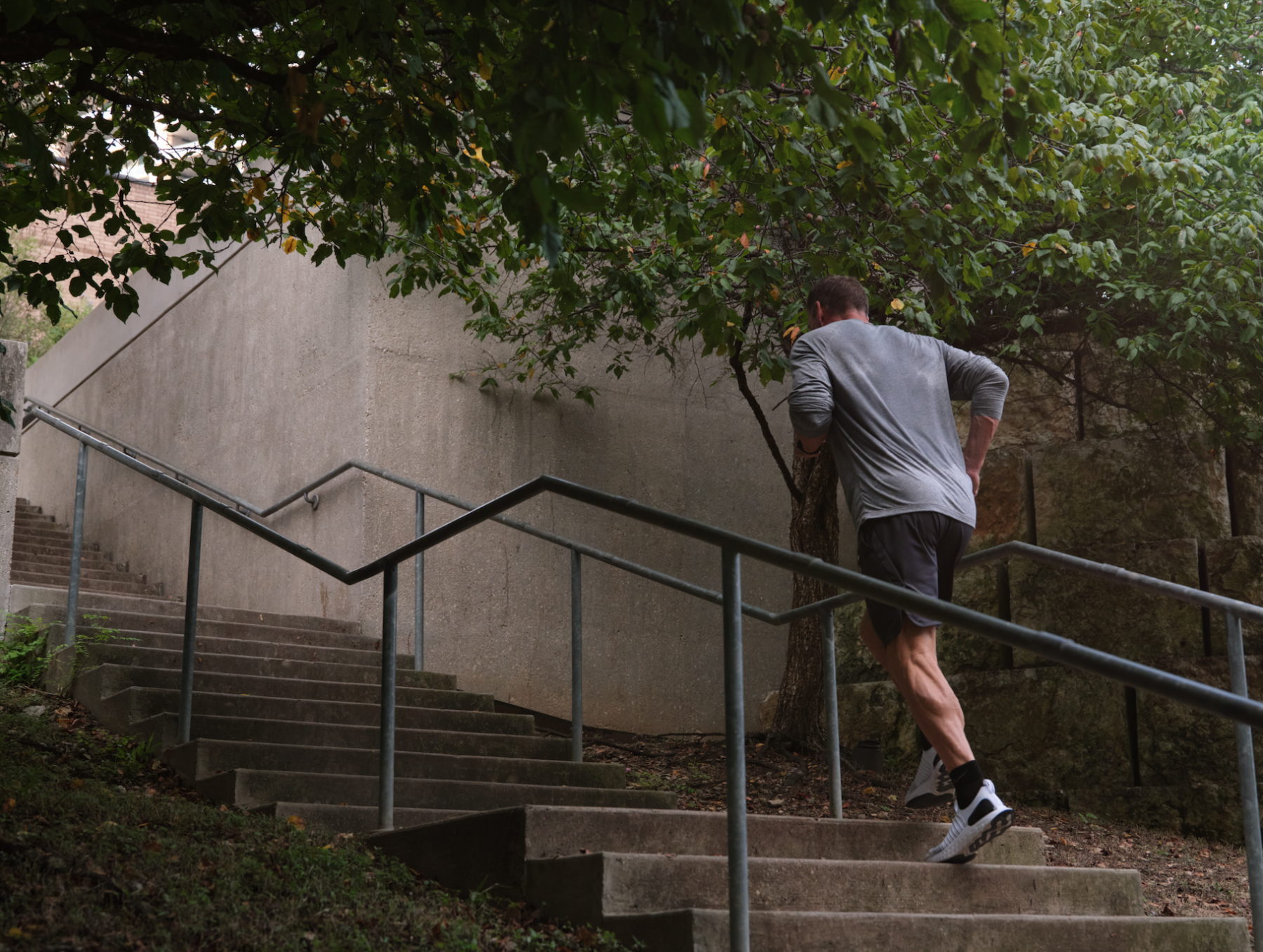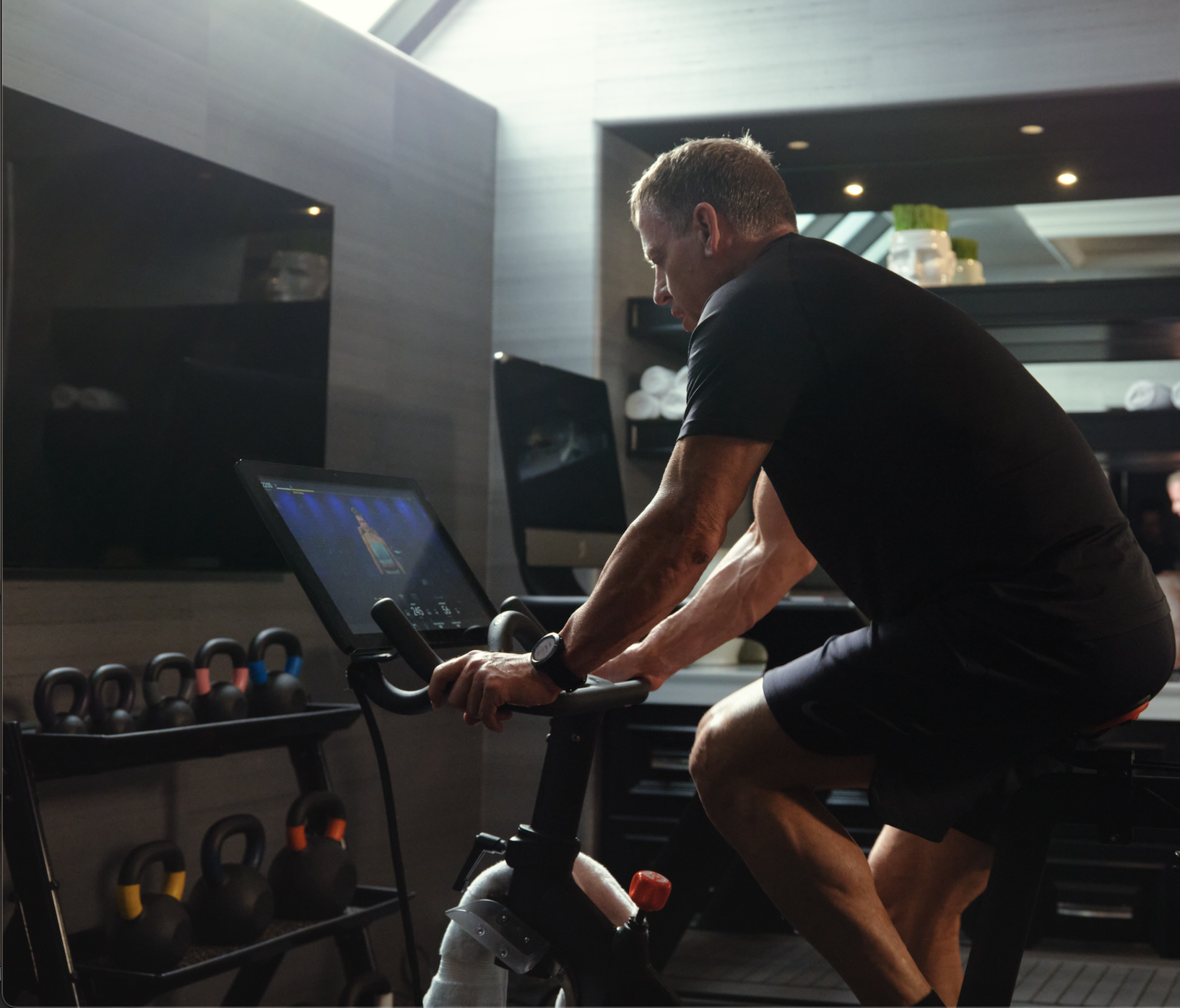Troy Aikman Q&A: The Importance of Mental Wellness

Staying fit and healthy was routine for Hall of Fame quarterback Troy Aikman. However, it wasn’t until recently he started diving into the importance of caring for his mental well-being.
Aikman, who played 12 seasons with the Dallas Cowboys and later became a sportscaster for FOX after retiring, had the chance to reset during the pandemic. After taking more time to read and re-center, he realized pursuing mental wellness through things like mediation was just as important as maintaining staying physically fit.
AFM had the privilege of speaking with Aikman about the importance of complementing your physical health with mental health to be the best athlete you can be.
AFM: How did the pandemic propel you to focus more on your mental health?
Troy Aikman: It afforded me time to do more reading. I began following Dr. Mark Hyman on Instagram. I read a couple of his books on the Pegan diet. I really believe in what he talks about – the food sources – so I began strictly following his approach to diet, health and wellness.
I had also gotten away from meditation, and I felt like I needed to get back into (it) because I noticed benefits from it when I was doing it for the first four or five years. It was through this book “Untethered Soul” that I realized you don’t meditate to become a better meditator; you meditate to become better at life. It unlocked a lot of doors for me.
AFM: How has your perspective on health and well-being evolved over the years?
TA: It’s changed dramatically from purely the physical standpoint to now understanding that mental wellness is every bit as important, if not more. I now view it beyond the physical. I think that’s important for everybody.
AFM: How have you seen these ideas translate into seeing the benefits come to fruition?
TA: I find myself much more at ease, calm. I don’t get as stressed in situations as I once did. I don’t stress about my workload during the course of a day or the demands on my time. I still have goals and things to get accomplished, so it hasn’t taken away from that – it’s just allowed me a bit more peace in my approach throughout the day.
AFM: Based on your background, was there more of an emphasis on focusing on your physical health and less on your mental health?
TA: Yeah, it’s kind of all we knew. Mental health has come to the forefront (as) people who have had mental health issues have been more willing to come forward. Back in the day, it was all about doing the physical work. Now, nutrition has become more prevalent. People are smarter about where they’re getting their food and how that impacts their overall well-being. As someone who feels like I’ve been healthy my entire life, that’s certainly what I’ve learned. Physically, I looked healthy and if that’s all we were evaluating, I was – but there’s so much more to it, as far as whether someone truly is healthy and well.

Courtesy of JJ Miller Photography
AFM: What does your meditation routine look like?
TA: I meditate every morning. It’s the first thing I do when I wake up. I do 20 to 30 minutes a day. That used to be where it ended. Now I realize that meditation is really throughout the day. My mindfulness is throughout the day, and now, as I meditate more and my practice continues, I get better each day, week and month with my ability to remain present throughout the day.
AFM: What is your current diet and fitness plan?
TA: I lift four days a week. I’ve been on that program for 20 plus years when I retired. I do cardio five to six days a week. The one thing I got into prior to COVID-19 was yoga. It was a complement to the rest of my workouts, but the studio shut down during COVID-19. I got away from it and haven’t been able to get back into it. My schedule during the football season doesn’t allow me much time, but I’m planning to get back into yoga because as good as it was for my body and muscles and elongating, it was just as good, if not better, for my mind. I (also) do a lot of indoor cycling. I do the Peloton a lot.
On the nutrition side, I’ve always been a good eater, but now, I’m following the Pegan diet with Dr. Mark Hyman and pretty regimented with that. I cut out dairy and carbs, except for those you get eating vegetables. I focus more on vegetables. I still eat protein depending on the source. I started drinking at least a gallon of water about two and a half years ago. I go anywhere from a gallon to two gallons a day. All those things combined is why I feel the best I’ve ever felt.

Courtesy of JJ Miller Photography
AFM: Why do both physical and mental health go hand-in-hand, and why are they important in considering your well-being?
TA: To do good (and) to be your best, you have to feel good, and feeling good goes beyond just physically being in shape. The mental part of it and what affects that is your diet, nutrition and sleep. For me, it was tweaking it. It wasn’t like I was this person who wasn’t getting any sleep, had a terrible diet or never worked out. So, for me, these were relatively small changes but had profound effects on how I felt.
Stay tuned for AFM’s feature on Troy Aikman, which will come out in our February issue.






